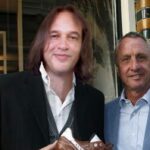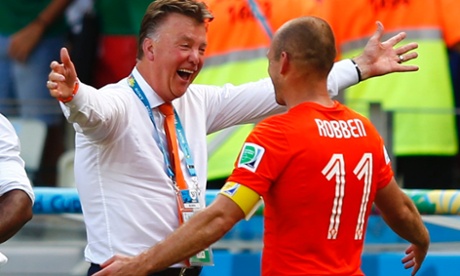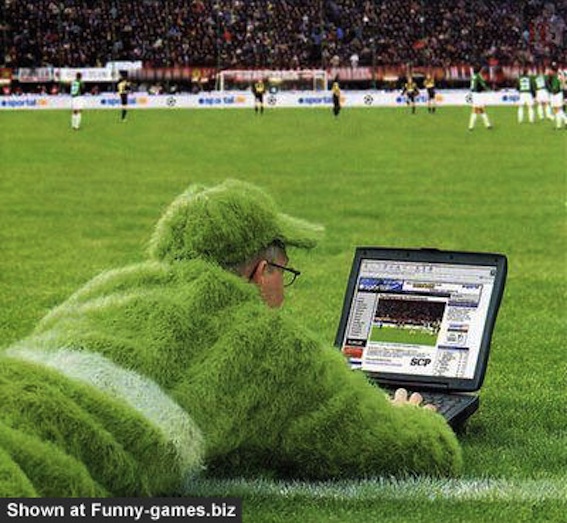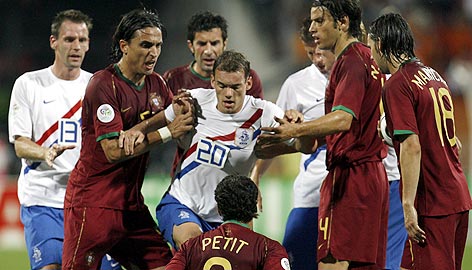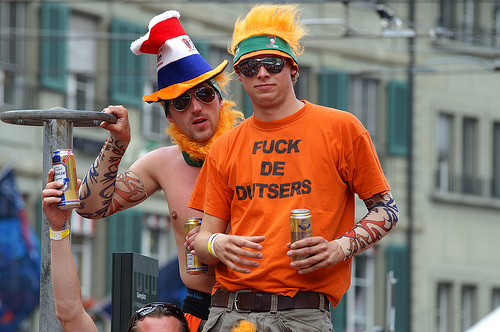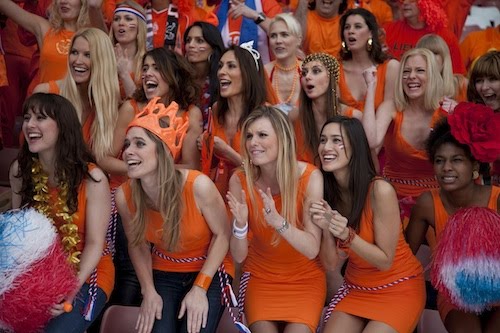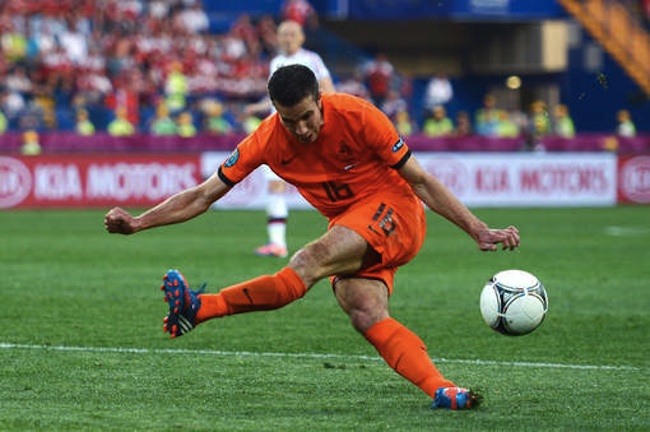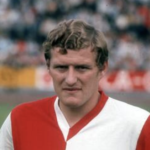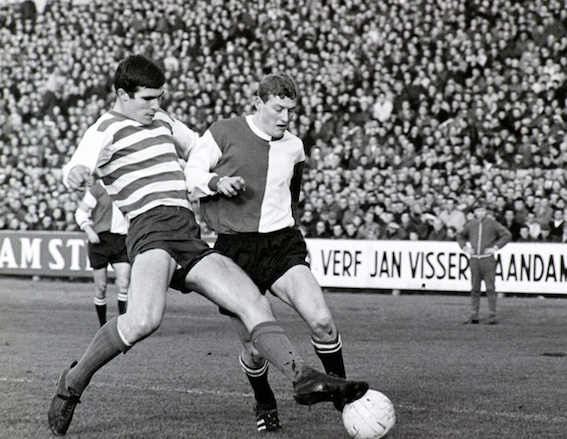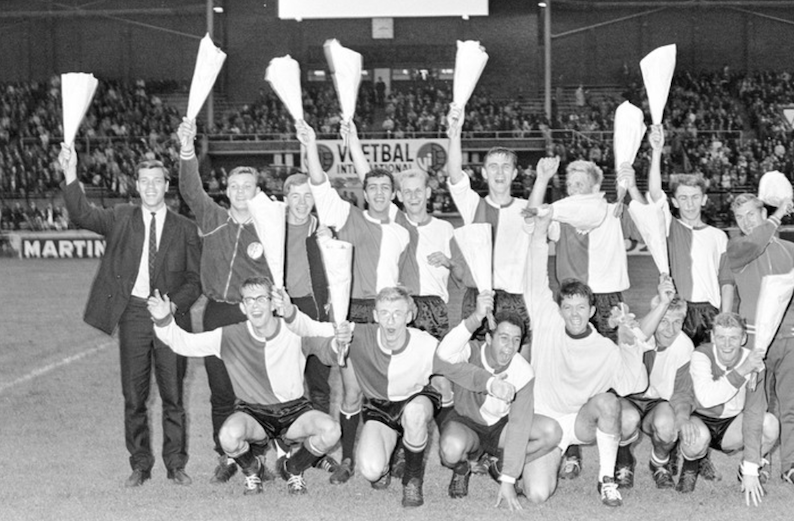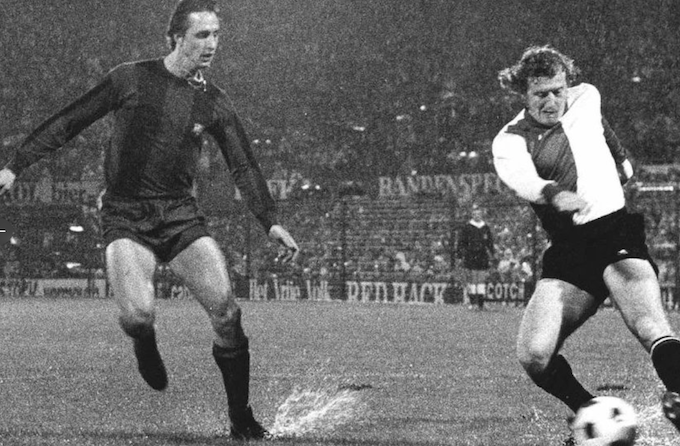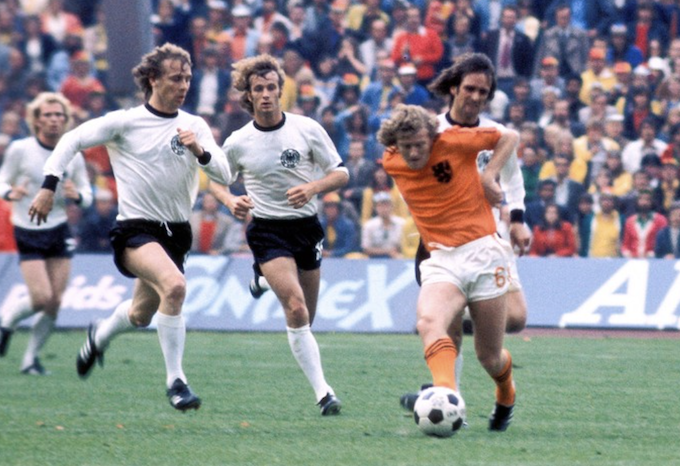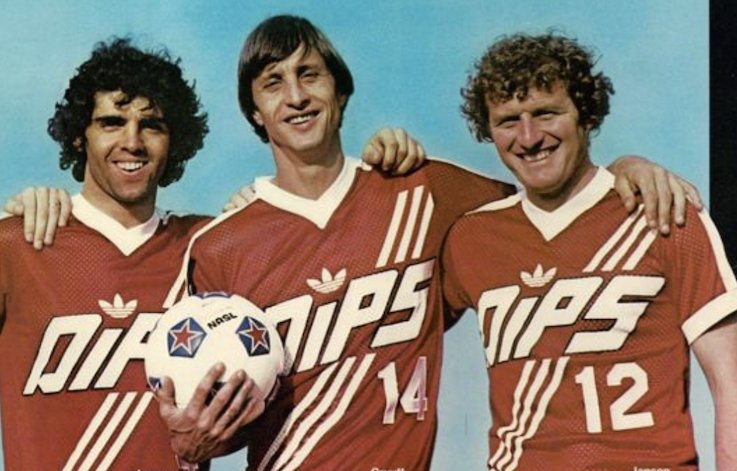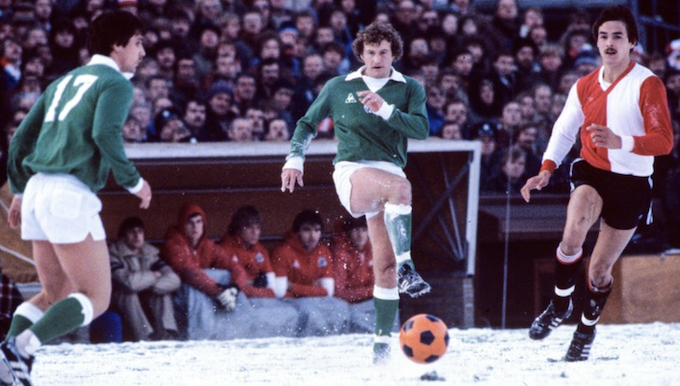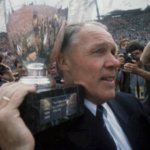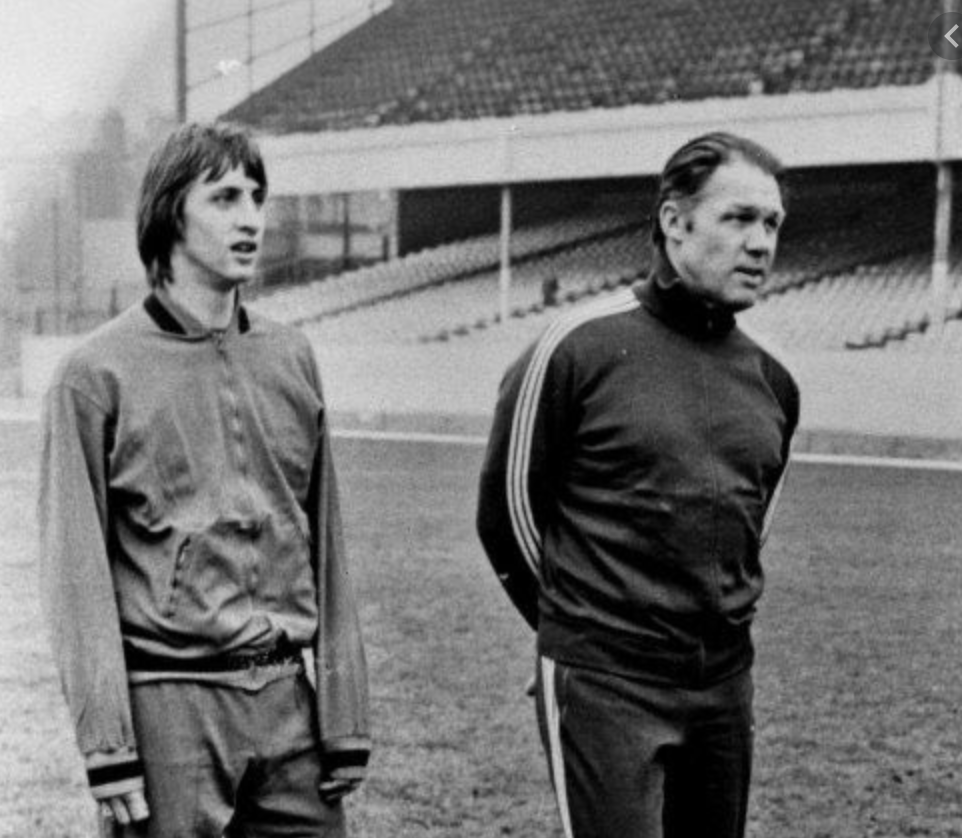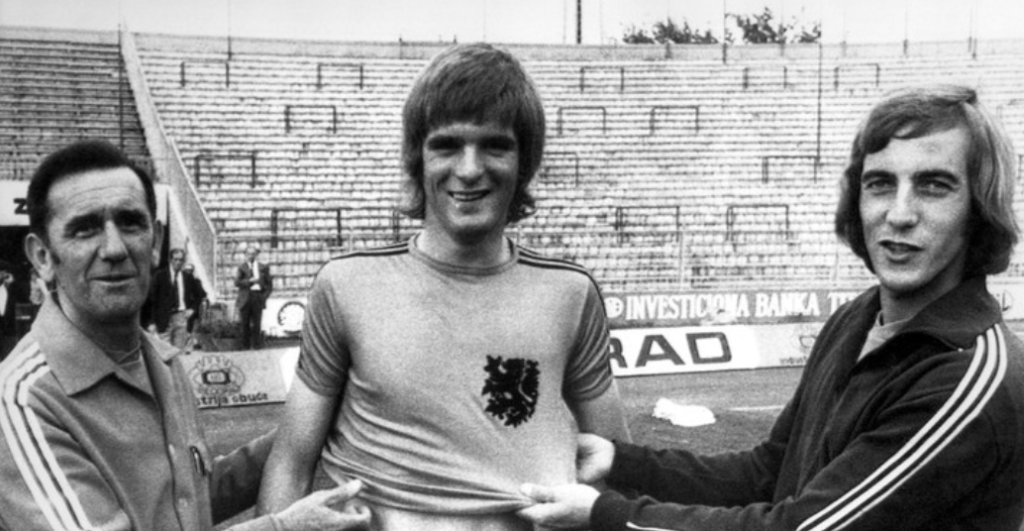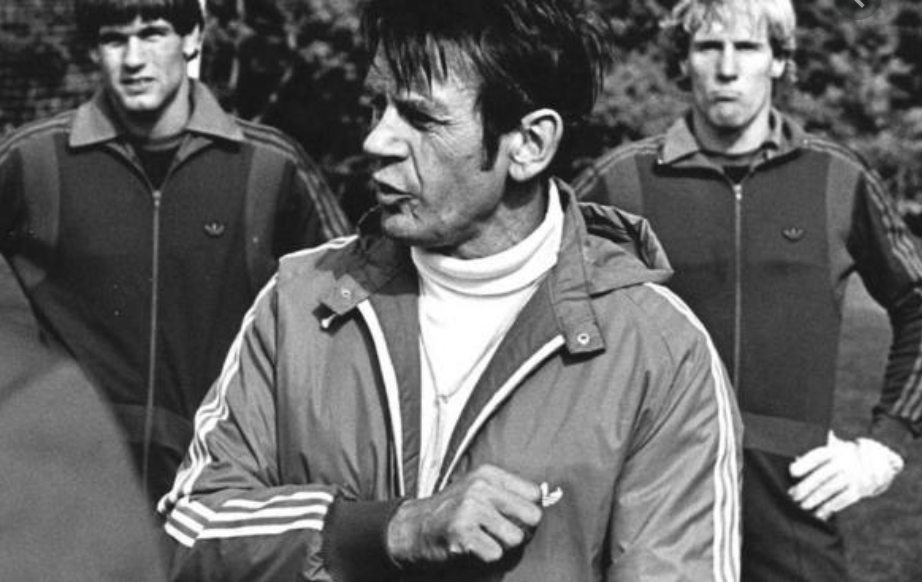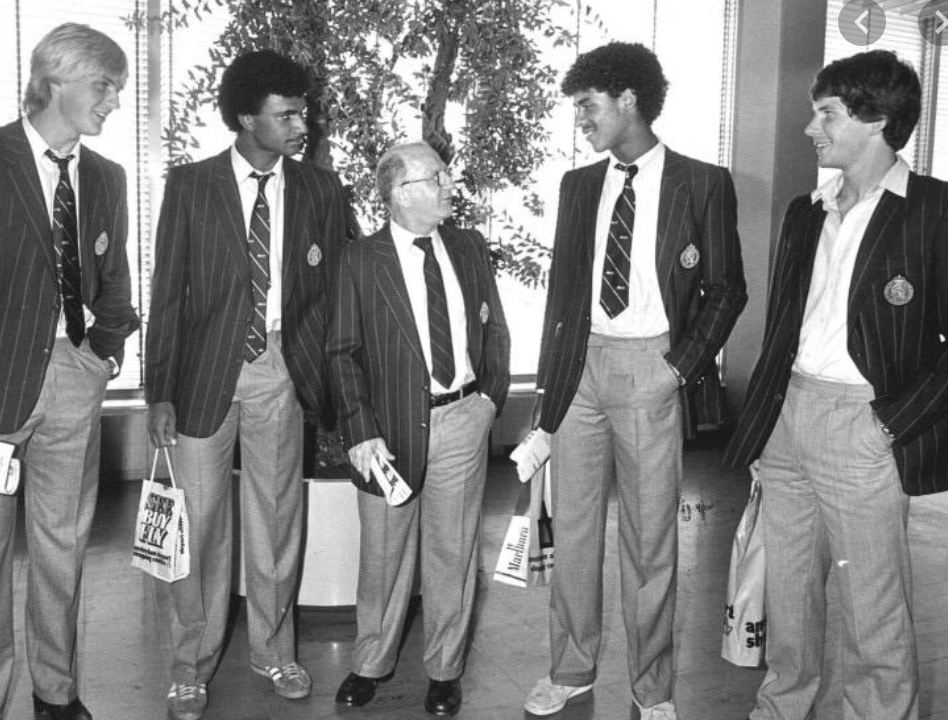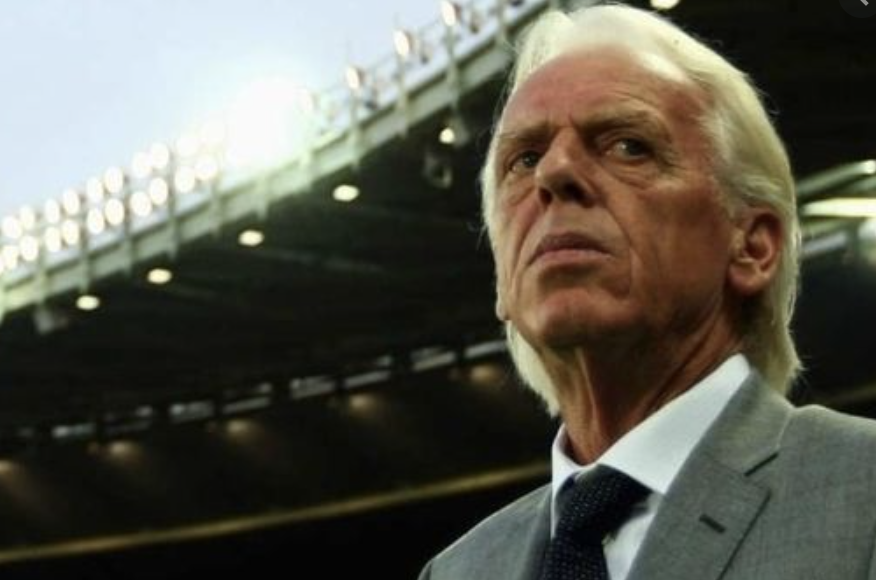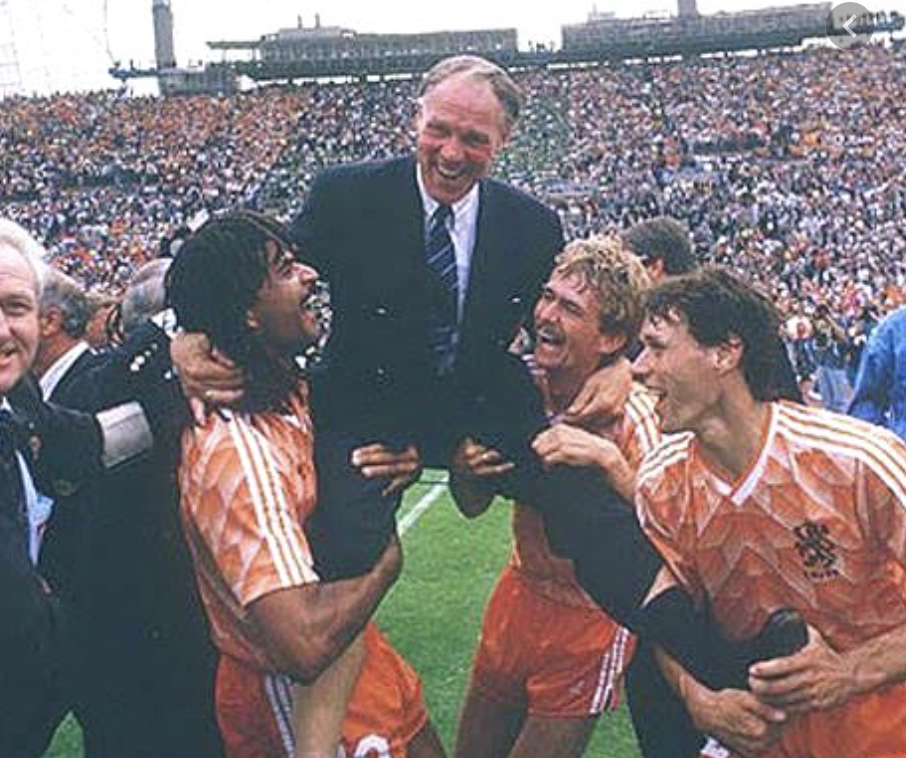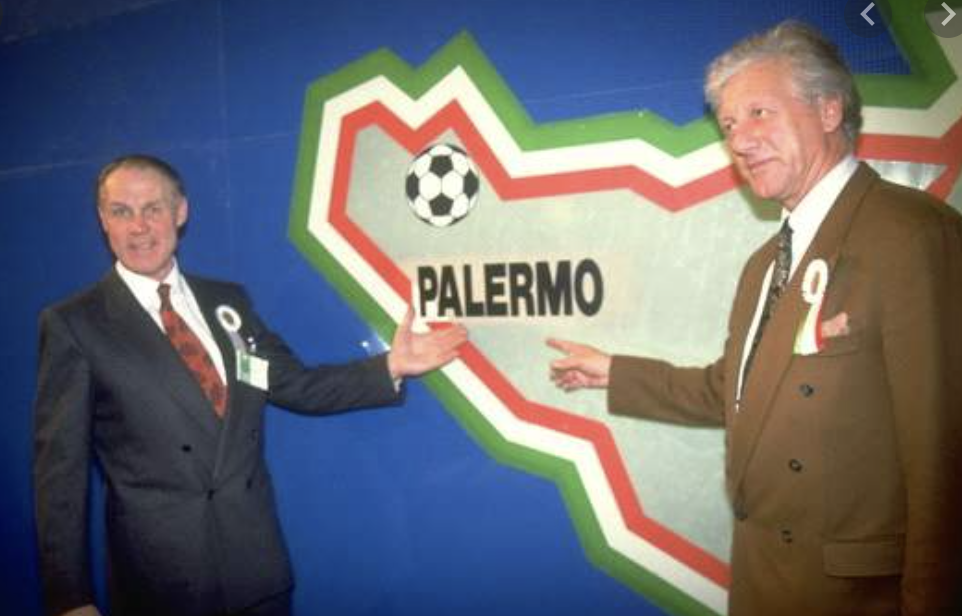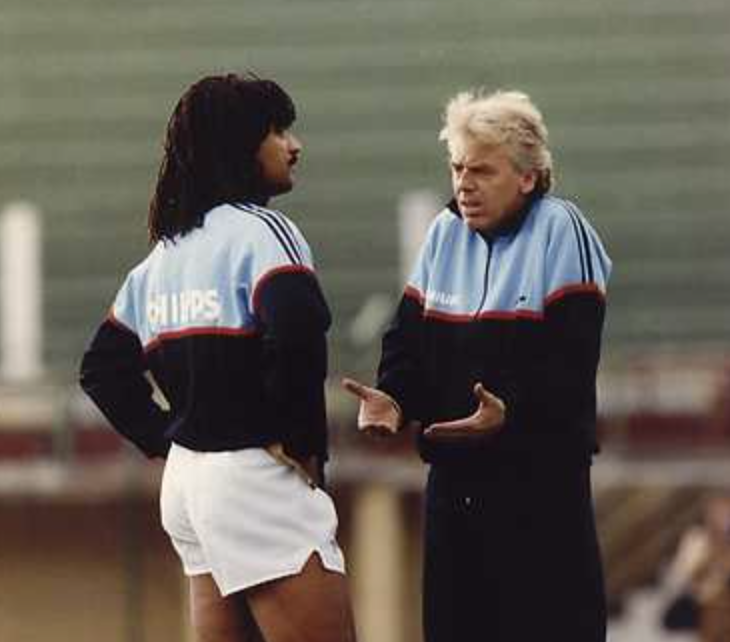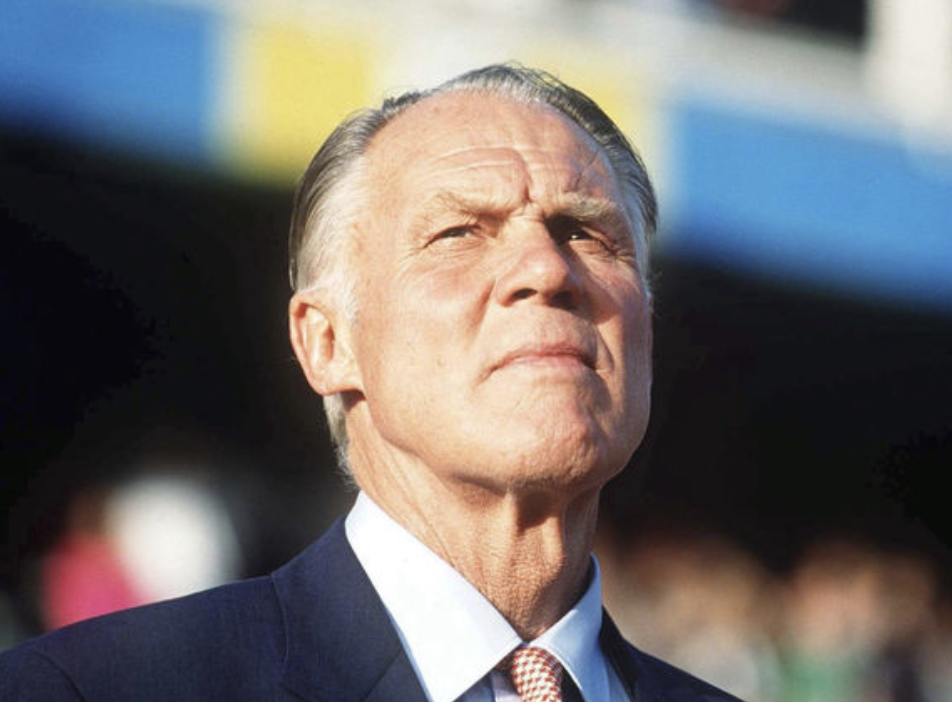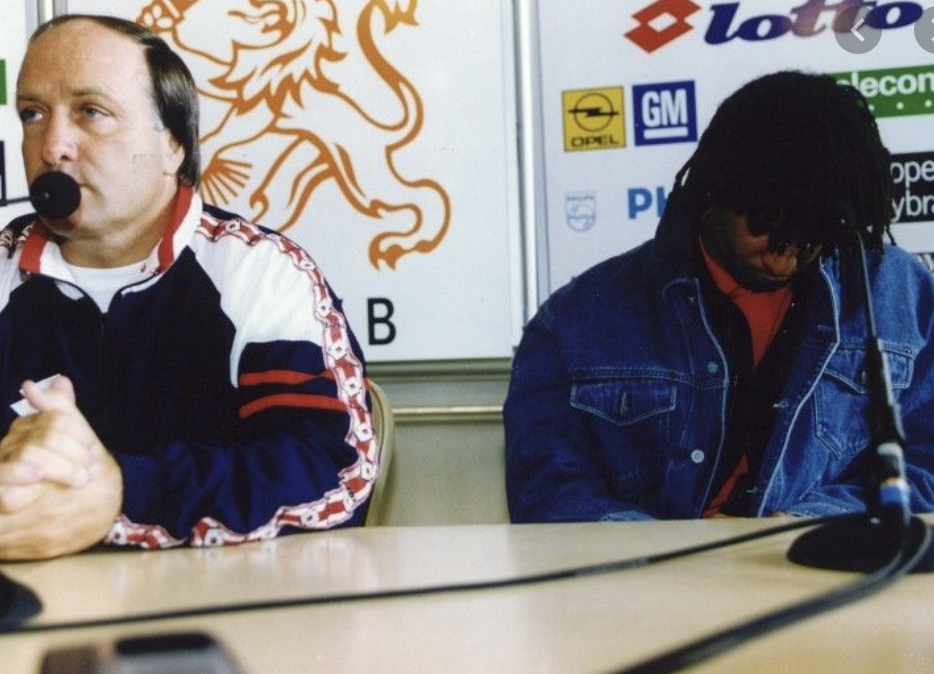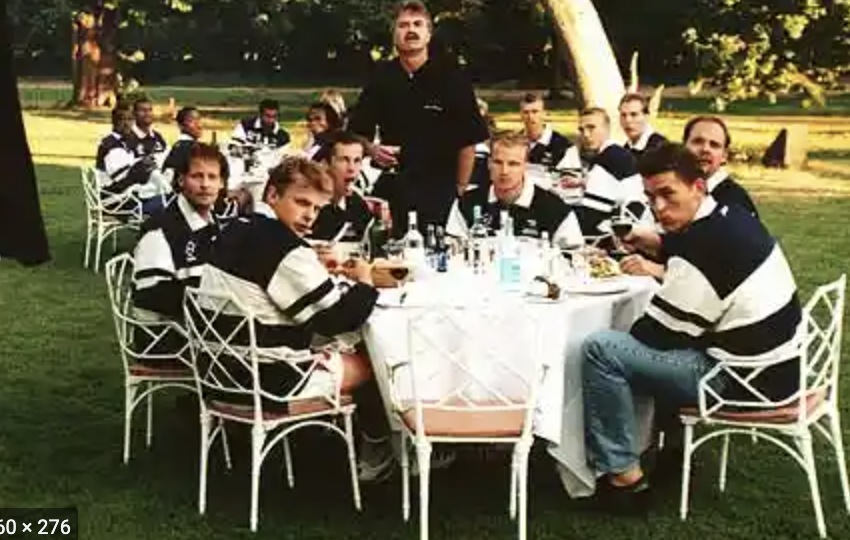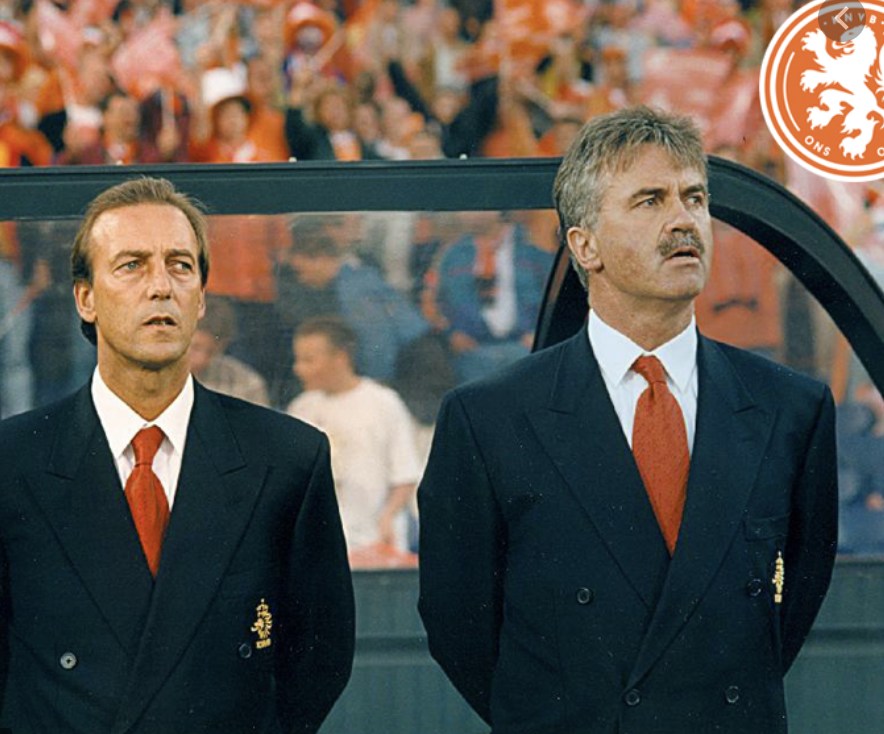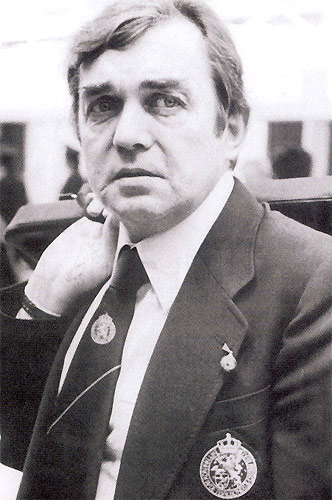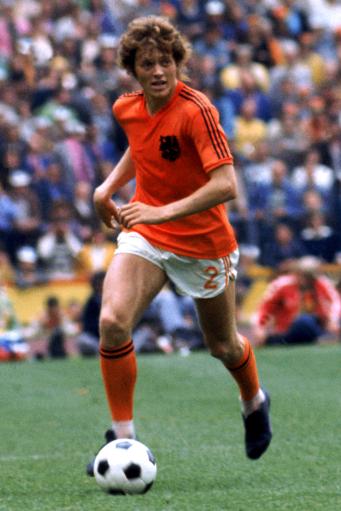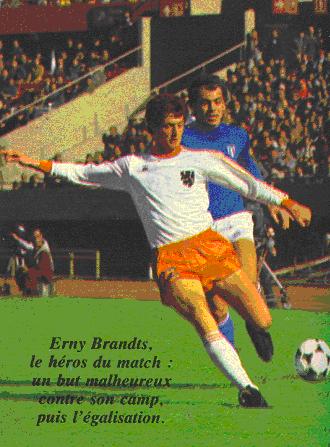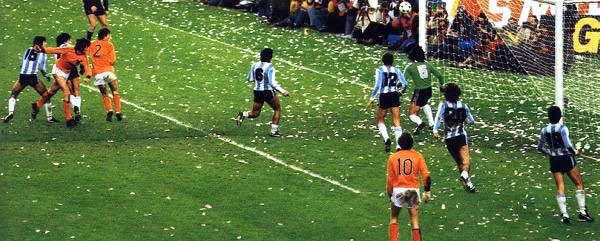My friends, Happy New Year, first and foremost. I started this blog back in 2004 when I was completely devoid of any Euro 2004 coverage in Australia and I had to have people in Holland tape the games and send it via snail mail to me, allowing me to watch the games “live” one week after the fact!
And all this time, trying to keep my ears and eyes closed for any news articles or coverage while awaiting that tape.
I started to get involved in the predecessor of this blog before I was forced basically to take the blog under my wing when the original blogmasters decided to stop their national team platform.
We’ve seen ups and downs, wins and losses. From the blood bath in Nuremberg in 2006 to the rollercoaster ride of 2008’s Euros. The amazing run to the finals in 2010 and heart break in 2012. The return of LVG in 2014 followed by too many years in the desert with a series of coaches, from Hiddink and Blind, via Grim and Lodeweges to Koeman, De Boer and Van Gaal again.
We saw Sneijder come into the fold and retiring from football. We criticised Kuyt, Blind and Howard Webb. We adored Gio’s wonder strike and were in awe of Stekelenburg’s save on Kaka’s attempt. The Casillas toe, the Van Persie own goal, the madness of Van Gaal’s antics in this past World Cup and the ongoing debates about players, systems, line ups and the Blind family.
It’s been 18 years. Time to move on. I hoped I could say my farewell with a World Cup win but it’s not to be.
I had fun doing it, and I made some great friends. The blog even resulted in a partnership with 3 dear friends, at least…they were dear friends when we started. Some meanderings resulted in a bright commercial idea by one of our Singapore based regular posters and that resulted in a partnership to execute the idea, potentially catapulting the new venture into stratosphere with gazillions of dollars as revenue.
The project failed. The tech wasn’t ready. The founder decided to make some silly mistakes with the money, the investors got antsy and lost patience and it all went to shite quite fast.
One of the partners died while watching an Oranje match (no joke) while the other three (me included) never spoke again.
There were amazing loyal and supportive and generous posters here. I won’t name their names, but a few of you were always happy to support me financially and I thank you all for this!! (You know who you are).
One of the many results that came out of this blog. We laughed, we cried, we debated and argued and we celebrated.
This blog is up for grabs. Whoever wants to pick it up and run with it: let me know. Send me something in the comments and I’ll reach out. I’m not selling it. It’s for the guy/gal with the best ideas, plans to move this forward.
I have not done many things. I never wanted ads (the money they pay is lousy and I feel it ruins the experience). But I also wasn’t able to bring daily news updates, videos, funny highlights, or whatever. I focused mainly on the Dutch NT and less and less on clubs. My video library was literally non existed on the site and I failed to engage you all with polls, quizes or other interactive stuff.
I hope the next blog master will be happy to do more with it.
If you’re interested in taking the mantle, let me know and we’ll work something out.

